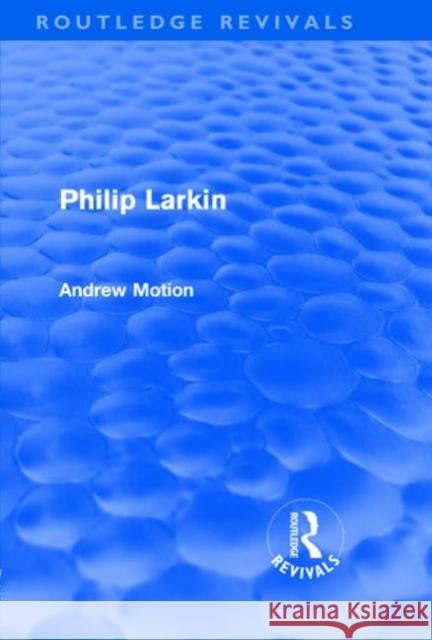Philip Larkin » książka
Philip Larkin
ISBN-13: 9780415562430 / Angielski / Twarda / 2009 / 96 str.
Philip Larkin is recognised as one of the most important writers to have emerged in Britain since the Second World War. First published in 1982, Andrew Motion explores the Symbolist and transcendent element in Larkin's work, and emphasises its range and variety.
On its original publication in 1982 this book was the first full-length study of Philip Roth as a major twentieth-century writer. As well as setting the novelist’s work in the context of Jewish-American writing (and Jewish-American families) and twentieth-century American politics, the book explores the characteristic paradoxes in Roth: self-disgust and self-consciousness, restraint and letting go, nausea and appetite, energy and frustration, stylishness and vulgarity, surrealism and the mundane.
Roth is a highly literary and referential character and an assessment is made of the conflicting influnces on his work of Kafka, Checkov, Gogol, Henry James, Melville and Henry Youngman, a Jewish nightclub and Vaudeville comic. In addition a close examination of his anxious, revolting, garrulous heroes, their mothers, their marriages, their shrinks, and their shiksas is undertaken and a deep seriousness is discovered, co-existing with Roth’s comic brashness and bravura.











